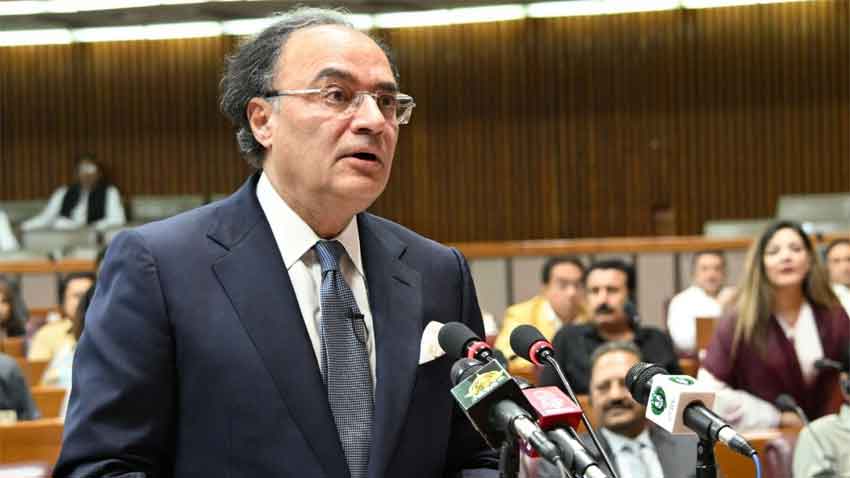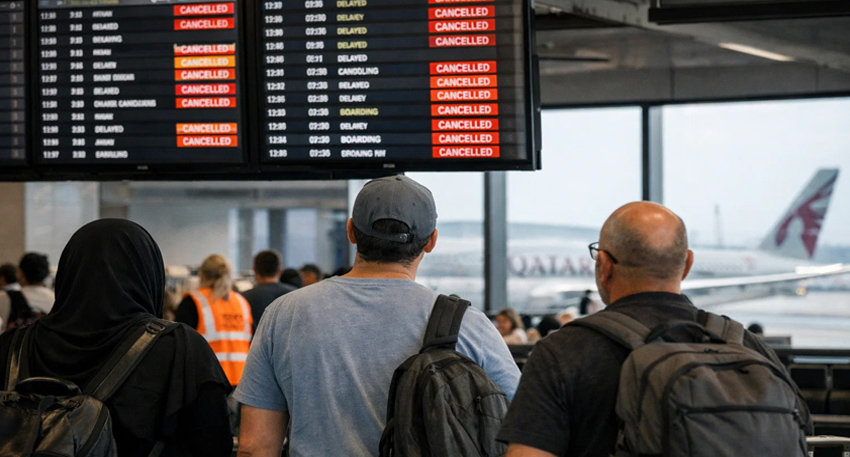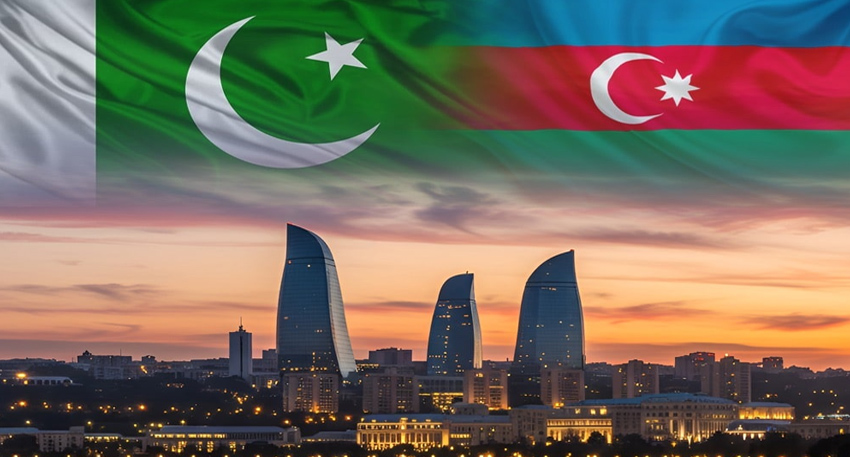
Rs16,286 billion for current expenses
The government allocated Rs16,286 billion for current expenditures, a 5.33% drop from last year. But with Rs8,207 billion going to debt servicing—nearly half the budget—will austerity measures stifle growth?
Rs2,550 billion for defence – A 20.2% surge
Defence spending jumped to Rs2,550 billion, now 1.97% of GDP. With tensions high after the Pak-India conflict, is this hike justified—or will it strain finances further?
Rs14,131 billion tax target – Can FBR Deliver?
Aurangzeb set an ambitious Rs14,131 billion tax goal, banking on AI audits, e-invoicing, and cracking down on 390,000 tax evaders. But can the FBR transform fast enough?
Rs300 million recovered from non-filers
The minister revealed Rs300 million was reclaimed from high-value tax dodgers, with filers doubling to Rs105 billion. Yet, with elites under fire for low contributions, will enforcement tighten?
Electricity prices slashed by 31%
Power costs dropped 31% for general users and 50% for protected consumers. But with Rs90.2 billion pumped into energy projects, can Pakistan end its chronic power crisis?
Reko Diq’s $71 billion promise
Aurangzeb called Reko Diq a “game changer,” projecting $71 billion in cash flows and $15 billion in taxes and royalties. Will this mega-project finally revive the economy?
Rs31.2 billion in remittances
Remittances surged 31% to $31.2 billion, while IT exports hit $3.1 billion. With a $25 billion IT export target, can Pakistan become a tech hub?
Rs133 billion for water security
Amid climate threats, Rs133 billion was set aside for dams and water projects. But with agriculture making up 34% of GDP, is it enough to prevent future crises?
Rs14.3 billion for health
The health sector gets Rs14.3 billion, including Rs1 billion to fight hepatitis and Rs900 million for a new stroke center. But with inflation at 7.5%, will healthcare improve?
PM Sharif’s tough question: “Why Aren’t the Elite Paying?”
Before the budget, PM Shehbaz Sharif slammed the wealthy, asking why the salaried class paid Rs400 billion while elites contributed little. Will new tax policies force them to pay up?
Aurangzeb’s budget tries to balance growth and austerity, but debt and defence spending remain massive burdens. While Reko Diq and IT exports offer hope, tax reforms and energy fixes are critical. The real challenge? Ensuring elites pay their share—or risk another IMF bailout. Can Pakistan turn promises into progress?
Read more: Govt eyes 7.5 per cent increase in salaries, pensions
Aurangzeb unveiled the annual federal budget on Tuesday, expected to balance growth, austerity, and taxation, during a National Assembly session chaired by Speaker Sardar Ayaz Sadiq.
As soon as the session began, opposition members started chanting anti-government slogans.
“The spirit with which we protected our national sovereignty, we need to ensure our financial security in the same way,” he stressed.
He said: “Pakistan has now achieved economic stability and is moving towards a Pakistan that is prosperous”.
The minister highlighted the current account surplus, remittances and the stability of the rupee while also mentioning the positive reports from international credit rating agencies Moody’s and Fitch that upgraded Pakistan’s rating.
Aurangzeb said that it was unavoidable to aim for a 14pc tax-to-GDP ratio and added that achieving the national targets was “impossible without the transformation of the Federal Board of Revenue (FBR).”
The government has set an ambitious tax collection target for the FBR at Rs14,131 billion, an 8.95pc increase from last year’s goal.
He listed B2B e-voicing, AI-based audit selection systems for sales and income tax, e-billing and faceless audits, and a new central control unit to centralise data collection, among other steps.
He said 390,000 high-value non-filers of tax were identified through data integration, with Rs300m recovered. The minister further highlighted that there was a 100pc increase in the number of tax filers, taking the revenues to Rs105bn.
“For the first time, the IMF (International Monetary Fund) has acknowledged Rs389bn revenues through law enforcement,” he said.
He also took a jibe at those “who were raising alarm about a mini-budget”, adding that no such move had been taken by the government.
The finance czar said that there was a 31pc reduction in electricity prices, as well as 50pc reduction in prices for protected consumers.
He said: “Professional boards have been cleared of political corruption.”
He announced that the government had made plans to “procure cheap energy”. Noting the closure of costly power plants and reforms in the oil and gas sector, he said Turkish and other international companies were willing to invest in Pakistan.
Finance Minister Muhammad Aurangzeb continues his budget speech on Tuesday, June 10, 2025, amid the opposition’s loud sloganeering at the National Assembly. — NA/X
He mentioned the $5bn investment pledge by Reko Diq and pointed out fuel price deregulation aimed to promote competition.
“Gold mines in Reko Diq are a key part of our future. The plan’s feasibility study was completed in January,” he noted.
“We expect $71bn in cash flows [as well as] $7bn in tax and $8bn in royalties,” he said, terming the project a “game changer”.
He detailed the steps to be taken under the National Tariff Policy, saying additional customs duties will come to an end in four years, regulatory duties will end in five years, Customs Act’s Schedule 5 will also be eliminated in five years, and customs duty will be structured in slabs, with the maximum being 15pc.
“Tariff reforms will be applied step by step so that businesses can adjust and challenges are reduced. This will apply to all economic areas, including pharma, IT, telecom, textile and engineering.”
Ahead of the session, Prime Minister Shehbaz Sharif, following a meeting of the federal cabinet, questioned the contributions made to the national exchequer by the country’s elite economic group, ahead of the presentation of the budget for FY26.
“Today, the federal cabinet will discuss the budget and give its approval. In the previous quarter year, the entire nation has faced these challenges. This is in no way an ordinary achievement.
“The sacrifices the common man has made, the burden the salaried class has borne in the previous budget. They say ‘we are salaried [class] but still gave Rs400bn to the treasury […] what have the elite and the wealthy groups contributed compared to us?’,” he added.
“This is a question that the elite, including me, have to answer,” the premier noted.
He further said, “Pakistan is standing at a point where we have to take off,” adding that the country’s stability indicators were satisfactory.
“Be it the inflation rate, be it the policy rate, your exports increased, your remittances have seen a quantum jump, your IT exports have increased, and they have a lot of potential to increase.”




